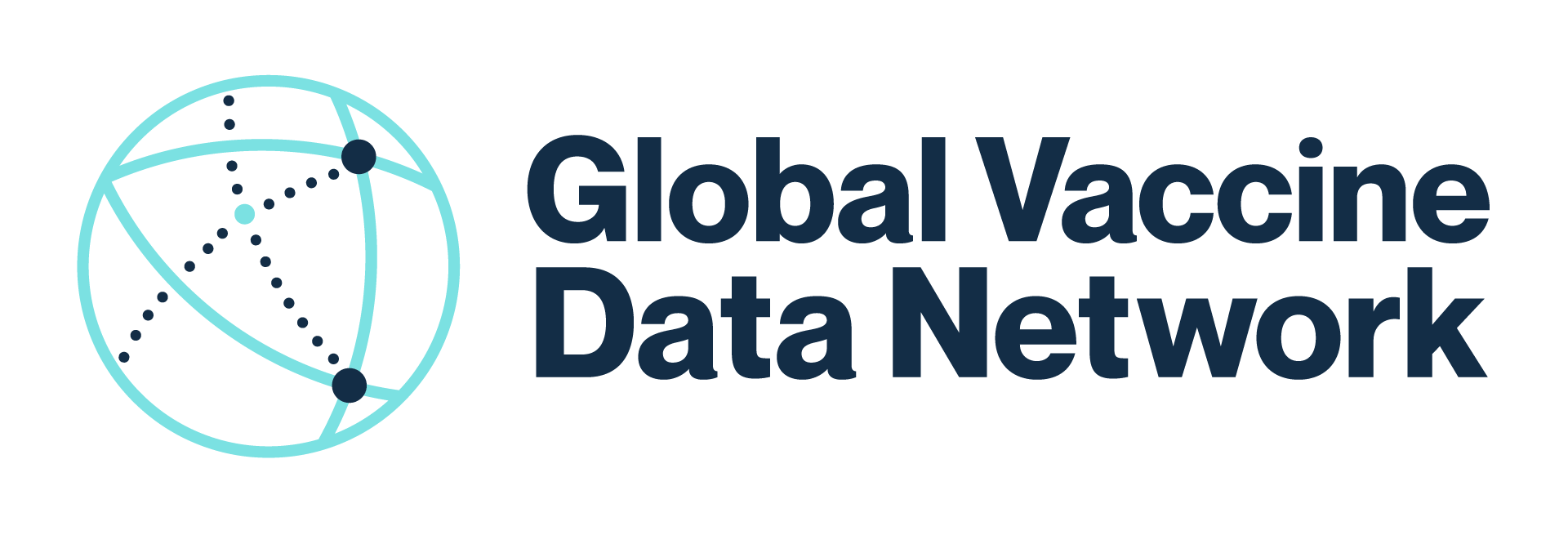The Rise of vaccine distrust – why more of us are questioning jabs in-depth report from the BBC provides an excellent summary of vaccine hesitancy starting back in the 1890s, through the 1990s, and into the 2000s with the internet age, the rise of social media, and with it the tsunami of misinformation. Polling of the UK public suggests a rise in vaccine concerns since the COVID-19 pandemic that saw rapid development and implementation of COVID-19 vaccines across the globe, which contributed to breaking the hold the COVID-19 pandemic had on us and easing of the related restrictions.
They report on the drop in UK children who have been immunised against measles, which is consistent with the decrease in immunisation rates globally reported by the World Health Organization. And it isn’t only measles children remain susceptible to because they are not being immunised.
• Whooping cough, a disease that can have devasting consequences including death for babies less than one year old.
• Pneumonia and meningitis from pneumococcal and Hib (Haemophilus influenzae type b) bacteria, particularly in children aged under two years.
• Liver cancer from chronic hepatitis B infection and cervical cancer from persistent infection with human papillomavirus.
• The risk of yellow fever is also rising in ‘at risk’ countries following significant drops in immunisation.
We are on the verge of further disruption to the promotion of health and protection from disease based on real-world evidence.
The rights of individual autonomy, self-determination, and freedom to make choices must be protected. Misinformation must be corrected, and accurate risk/benefit information easily accessible so individuals can balance the risks of disease with the potential benefits and risks of receiving a vaccine to prevent disease and make an informed decision.
Each of us have a role in reducing the spread of misinformation, ‘Pause before you share’ the post or news item that stirred your emotions, ‘breaking your heart’, ‘raising your rage’, or ‘firing up your incredulity’.
We can also develop our own and other’s immunity against recognising and responding to misinformation. Some of these techniques are discussed in our blog Misinformation immunity, I’ll have some of that please and Safety by Numbers newsletter Detecting and addressing false information.
